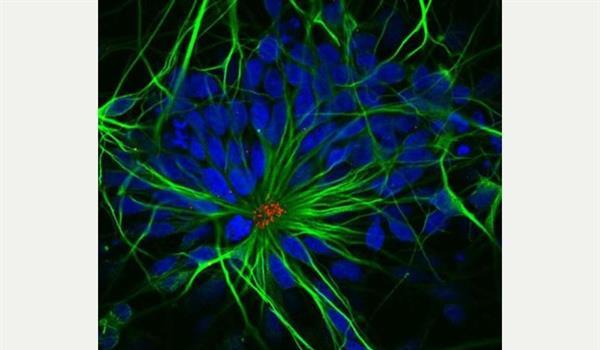We will hereby discuss the use of 3D print technology to understand the brain better and discuss how the use of this technology will overcome various brain related ailments.
Our brain is a complex and fragile bundle of nerves and its healthy functioning is critical for an overall well-being. The use of 3D technology is prevalent in matters related to the brain for intensive surgical procedures, testing new drugs with a 3D printed malignant brain tumours, and models of the brain in 3D print to test other brain patterns.
The MESO-BRAIN consortium is a research collaboration to develop the 3D neural network for a better understanding of the brain and is being funded by the European Commission’s Future and Emerging Technology scheme, which in turn is a part of the Horizon 2020 project. It will make the use of stem cells and nanoscale 3D laser print technology to emulate brain functioning. This technology will enable a better understanding of the brain activities and could provide a breakthrough in the treatment of diseases like Parkinson’s disease, trauma conditions, and memory loss.
The stem cells will be used to emulate neurones and 3D printed on the lines of brain cortical module, which is the outer portion of the cerebrum. Thereon, nanoelectrodes will be incorporated to analyse the neural network.
This initiative aims at studying the effect of medicinal compounds and toxins on the brain. The MESO-BRAIN project will be launched in December with a series of tests being conducted for the next three years.
This project is initiated by the Aston university and various imminent institutions are associated with it namely Axol Bioscience, Laser Zentrum Hannover,University of Barcelona, Institute of Photonic Sciences, and KITE Innovation.
Source: 3Dprint.com
